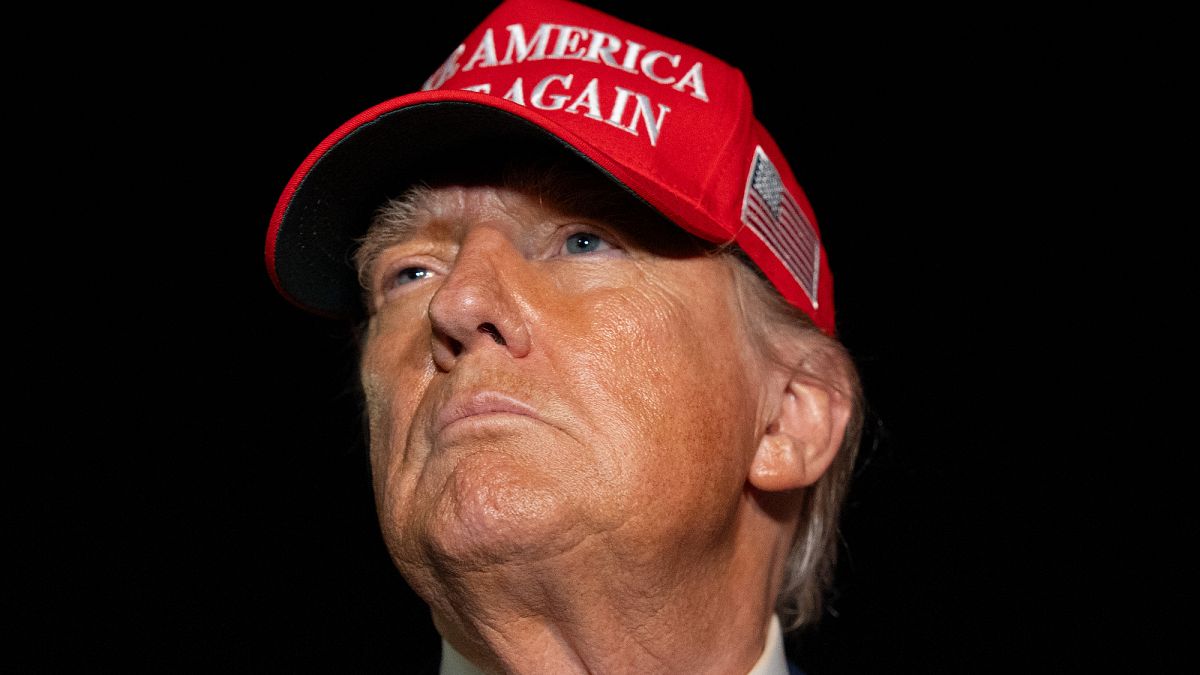

In the evolving landscape of global commerce, a series of developments are shaping the dynamics between major economic players. As nations navigate the intricacies of tariffs, export restrictions, and corporate acquisitions, a mindful approach helps in understanding the broader implications. Recent steps by world leaders, particularly between the United States and China, illuminate a path towards tempering trade tensions while addressing complex economic requirements.
President Donald Trump is actively engaged in recalibrating trade policies, as evidenced by his recent announcement regarding significant tariff hikes. In a statement filled with intent, he indicated plans to increase tariffs by up to 70% on countries that do not finalize trade agreements by July 9. This move is part of a broader strategy to renegotiate terms and ensure other nations contribute more substantially to the economic relationships they maintain with the United States. The potential implications of such tariff increases have sparked discussions among economic leaders worldwide about the future of trade relations.
Concurrently, the relationship between the United States and China sees a promising development as both nations have decided to ease restrictions on the export of crucial industrial products. This decision follows an agreement reached in London, indicating a mutual effort to mitigate the adverse impacts of a prolonged trade war. By approving export licenses for essential items, both Beijing and Washington aim to bolster industrial production and soothe international economic tensions. This initiative underscores a shared commitment to fostering a more stable and cooperative global trade environment.
Amidst these developments, another significant action being undertaken is President Trump’s communication with China about the sale of the TikTok app. Donald Trump has articulated that discussions will soon commence with the Chinese government concerning this transaction, highlighting that a tentative agreement is already in place. This negotiation symbolizes a critical juncture in ensuring collaborative digital trade practices while safeguarding national interests. The anticipated dialogue may also pave the way for further diplomatic exchanges between Trump and Chinese leader Xi Jinping, potentially fostering greater bilateral understanding.
Meanwhile, European economies are navigating their own challenges in response to these shifting trade dynamics. Recent economic forums, such as Les Rencontres économiques in Aix-en-Provence, France, have underscored the need for European nations to adapt to global geopolitical shifts. Economic leaders have called for a collective European awakening to address these challenges, emphasizing the importance of strategic positioning in a rapidly changing economic landscape.
In conclusion, the global trade tapestry is undergoing a period of transformation, marked by concerted efforts to renegotiate terms and alleviate tensions. While the path ahead involves numerous intricacies, these recent developments highlight a cautious yet constructive approach adopted by nations to foster more equitable and cooperative international trade relations. As countries strive for balance, the journey towards favorable outcomes is a mindful reflection of evolving strategies geared towards mutual growth and prosperity.
Source: {link}
